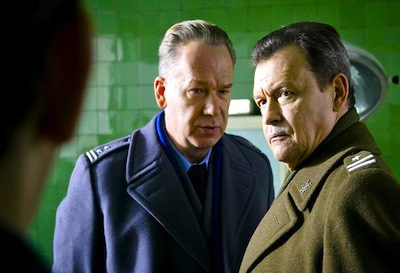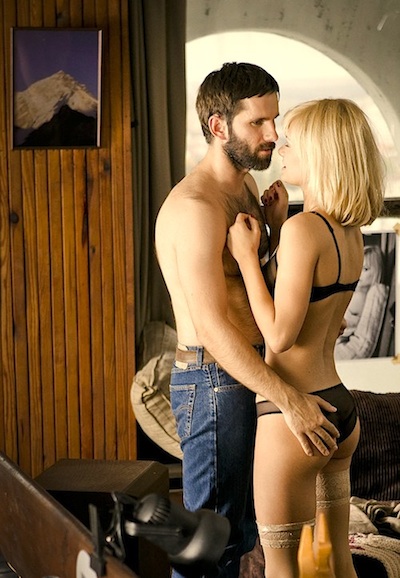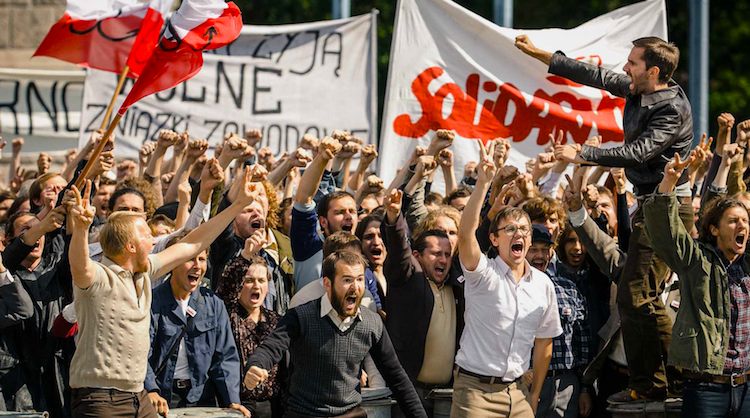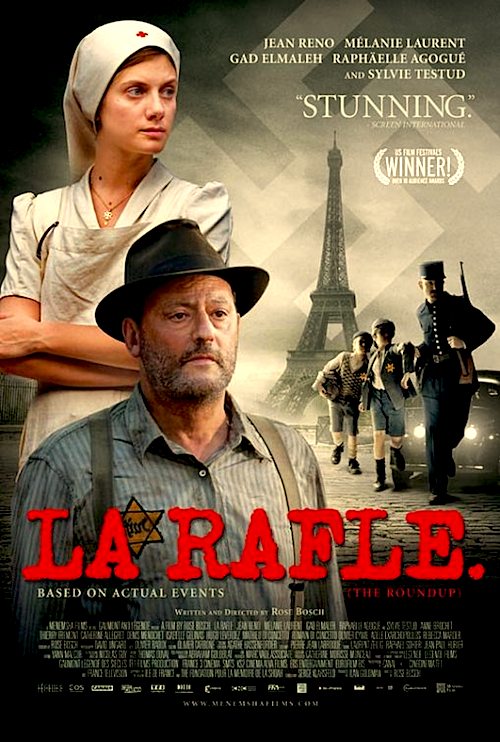By Joe Bendel. They called it a heist, but it was really withdrawal. They were union dues in an account the Solidarity representatives were the rightful signatories for. Yet not surprisingly, the Communist regime preferred to keep all funds under their control, so they could be immediately frozen should the need arise. On the eve of martial law, a handful of workers-turned-activists anticipate a looming need for that money in Waldemar Krzystek’s factually based drama 80 Million (trailer here), chosen by Poland as their official submission for this year’s foreign language Academy Award, which screens as the closing night selection of the Skalny Center’s 2012 Polish Film Festival at Rochester University.
Winter 1981 will be a cold one. Despite promises made, the Communists are not about to let Solidarity operate freely. So far, they have waged a war of small-ball provocation, desecrating Soviet war graves and the like in the guise of Solidarity activists. However, when four real Solidarity supporters bust them in the act, in front of cameras, the stakes precipitously rise.

Perhaps too conveniently, there is a source offering government information to the Lower Silesia branch, but the dissident workers are not convinced they can trust him. Still, his information always pans out. Essentially warning them to expect a long siege, the quartet convinces each other that high liquidity is in order.
Of course, it’s never a good time to plan a major operation in a police state. Staszek’s very pregnant wife is an obvious vulnerability. Her high-ranking father can only protect her within limits. While Maks does not have the same concerns when he takes up with Natalia, a French journalist of Polish heritage, she is something of a distraction.
How refreshing is it to see a film that uses the word “Commie” as a term of denigration. It is equally appealing to see members of the Catholic Church playing a heroic role in the struggle to attain freedom and dignity for the people. In many sad ways, 80 Million is actually a timely film, reminding viewers of the consequences of a media too closely aligned with the state. Still, the film is largely optimistic in tone, more intent on celebrating Solidarity’s triumphs than mourning those lost during the dark days of Communistic oppression.

Indeed, there is no nostalgia here for the old regime. At various times viewers see inside Communist torture chambers and eavesdrop on their ruthless scheming. Piotr Głowacki is particularly detestable as the serpentine SB Captain Sobczak. Not to be spoilery, but the manner in which he gets his is quite satisfying.
Frankly, Krzystek’s severe docudrama style limits the time for character development, but he sure can stage a massive protest. The tenor of the times certainly comes through loud and clear. Still, there are some memorable performances, most notably from Głowacki and Mariusz Benoit as “Kmicic,” the Deep Throat figure. Emilia Komarnicka also turns up the heat in a variety of notable ways as Natalia. Of our main co-conspirators, Wojciech Salarz’s worried father-to-be makes the strongest impression. Unfortunately, Olga Frycz, whose earnest presence and youthful good looks helped make Jacek Borcuch’s All that I Love so special, is almost criminally under-employed as Marta, an ex-girlfriend sheltering one of the fugitives.
Although Krzystek’s approach can be distancing now and then, he gives audiences more than enough to keep them emotionally invested in the not-really caper. Marek Warszewski’s design team convincingly recreates Jaruzelski era Poland. Again, that is nothing to be nostalgic for. (New Yorkers take note: the film includes gas rationing lines.) A well crafted recreation of a fascinating historical episode, 80 Million would be a worthy Oscar nominee. Recommended with a good deal of enthusiasm, it screens this coming Monday (11/19) as the closing night film of the Polish Film Festival at Rochester, which will also show Wojtek Smarzowski’s excellent Rosa this Saturday (11/17).
LFM GRADE: A-
Posted on November 16th, 2012 at 10:39am.

